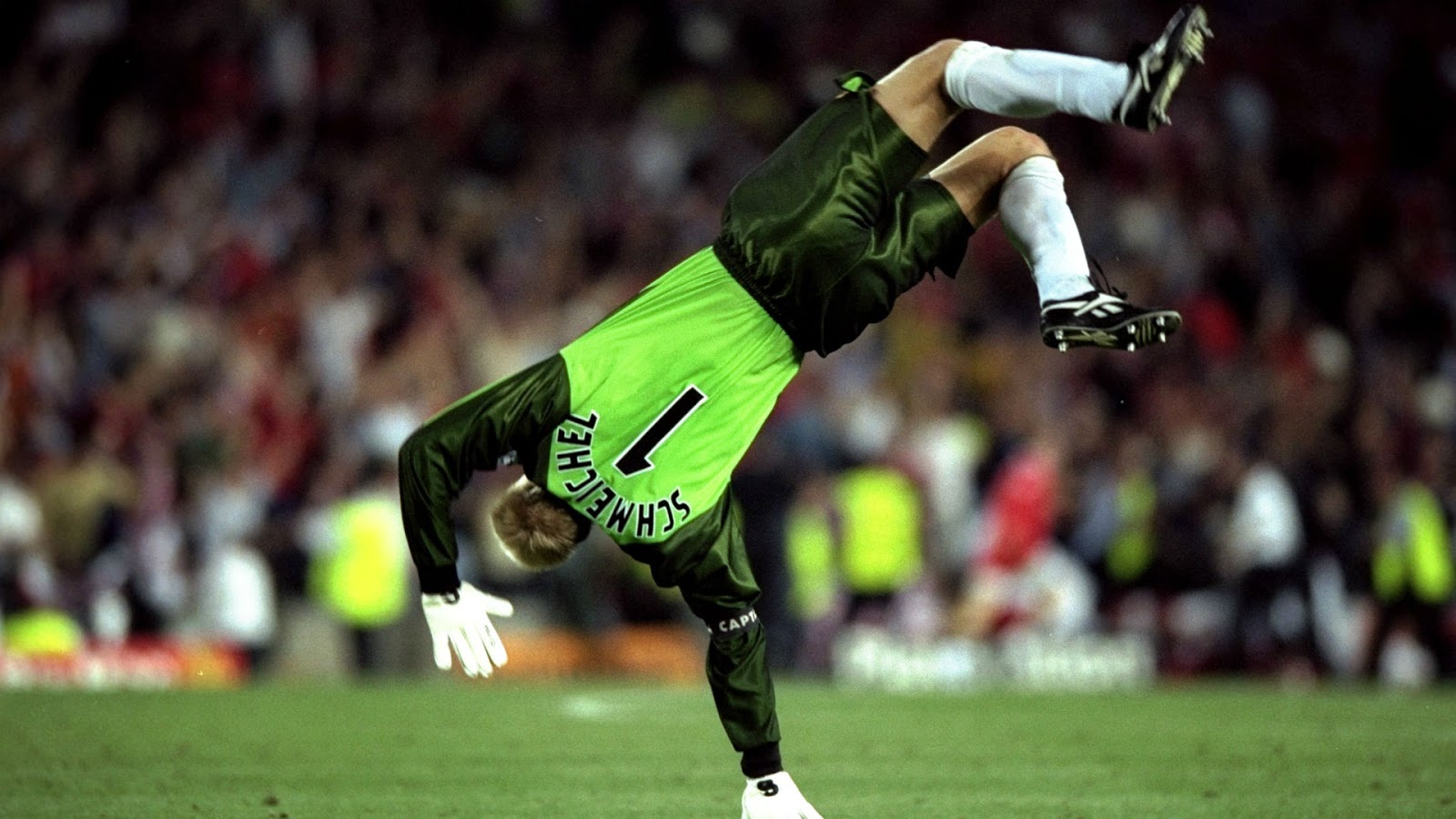The concept of the "Schmeichel number" holds a fascinating place in the realm of sports, particularly in soccer. This unique numerical representation has sparked curiosity among fans and analysts alike, shedding light on the legendary goalkeeper Peter Schmeichel's impact on the game. As we delve deeper into this intriguing phenomenon, we will explore its origins, significance, and the broader implications it carries within the world of football.
In the realm of sports statistics, numbers often encapsulate the essence of a player's performance and legacy. The Schmeichel number is no exception, as it serves as a benchmark for evaluating goalkeepers' prowess and contributions to their teams. By understanding this number, fans can gain insight into what makes a goalkeeper truly exceptional, much like Peter Schmeichel himself, who is regarded as one of the greatest of all time.
As we venture into the intricacies of the Schmeichel number, we will also reflect on its role in shaping the narratives surrounding goalkeeping in soccer. From its inception to its current relevance, this numerical representation transcends mere statistics, inviting us to appreciate the artistry and skill involved in guarding the goal. Join us as we explore the multifaceted dimensions of the Schmeichel number and the legacy of the man behind it.
What is the Schmeichel Number?
The Schmeichel number is a unique statistic that quantifies a goalkeeper's performance in relation to Peter Schmeichel's career achievements. It is often calculated based on various metrics, including saves made, clean sheets, and the overall impact on the team's success. This number serves as a benchmark for goalkeepers, allowing fans and analysts to measure their performance against one of the sport's greats.
How is the Schmeichel Number Calculated?
Calculating the Schmeichel number involves a combination of data points that reflect a goalkeeper's effectiveness. Key metrics may include:
- Number of Saves: The total saves made during a season or across a career.
- Clean Sheets: The number of matches where the goalkeeper did not concede a goal.
- Penalty Saves: The number of penalties saved, showcasing composure under pressure.
- Goals Conceded: The total goals conceded, which can indicate defensive strength.
These factors are integrated into a formula that allows fans to calculate a goalkeeper's Schmeichel number, providing insight into their capabilities and contributions on the field.
Who is Peter Schmeichel?
Peter Schmeichel, born on November 18, 1963, in Gladsaxe, Denmark, is widely regarded as one of the greatest goalkeepers in the history of football. With an illustrious career spanning over two decades, Schmeichel became a household name during his time at Manchester United, where he played a pivotal role in the club's success during the 1990s. His commanding presence, exceptional shot-stopping ability, and leadership qualities set the standard for future generations of goalkeepers.
What are Peter Schmeichel's Career Highlights?
Throughout his career, Peter Schmeichel achieved numerous accolades, including:
- 3 Premier League Titles with Manchester United
- 1 UEFA Champions League Title in 1999
- 2 FA Cups
- 1 UEFA European Championship Title with Denmark in 1992
These achievements not only solidified his status as a legendary figure in football but also contributed to the development of the Schmeichel number as a measure of goalkeeper excellence.
What is the Significance of the Schmeichel Number in Modern Football?
The Schmeichel number holds significant relevance in modern football, especially as the game continues to evolve. As teams increasingly rely on data and analytics to assess player performance, the Schmeichel number provides a tangible metric for evaluating goalkeepers. Coaches and scouts use this number to identify potential signings or to assess their current players' development and effectiveness on the pitch.
How Does the Schmeichel Number Influence Goalkeeper Training?
Incorporating the Schmeichel number into training regimens has become a valuable tool for aspiring goalkeepers. Understanding the metrics that contribute to this number allows young players to focus on specific areas of improvement. Coaches can design training sessions that target the skills necessary to enhance a goalkeeper's performance, ultimately aiming to achieve a higher Schmeichel number.
Can the Schmeichel Number Be Used to Compare Goalkeepers Across Eras?
One of the most intriguing aspects of the Schmeichel number is its potential to facilitate comparisons between goalkeepers from different eras. While the game has evolved significantly over the years, the core attributes of a great goalkeeper remain consistent. By applying the Schmeichel number to historical data, analysts can create a framework for comparing goalkeepers like Lev Yashin, Gordon Banks, and modern stars such as Manuel Neuer and Alisson Becker.
What Future Developments Can We Expect for the Schmeichel Number?
As technology continues to advance and data analytics play a more prominent role in football, we can anticipate further developments in the calculation and application of the Schmeichel number. Enhanced tracking systems and performance analysis tools may lead to more precise metrics, allowing for a deeper understanding of a goalkeeper's contributions. With this evolution, the Schmeichel number will likely remain a vital aspect of assessing goalkeeping excellence in the beautiful game.
In conclusion, the Schmeichel number serves as a testament to Peter Schmeichel's remarkable legacy and the lasting impact he has had on the world of football. As we continue to explore the intricacies of this statistic, it becomes clear that the Schmeichel number is more than just a number; it represents the artistry, dedication, and skill that define the role of a goalkeeper in soccer.
| Personal Details | Bio Data |
|---|---|
| Name | Peter Schmeichel |
| Date of Birth | November 18, 1963 |
| Nationality | Danish |
| Position | Goalkeeper |
| Notable Clubs | Manchester United, Aston Villa, Sporting CP |
| International Career | Denmark (1987-2001) |



